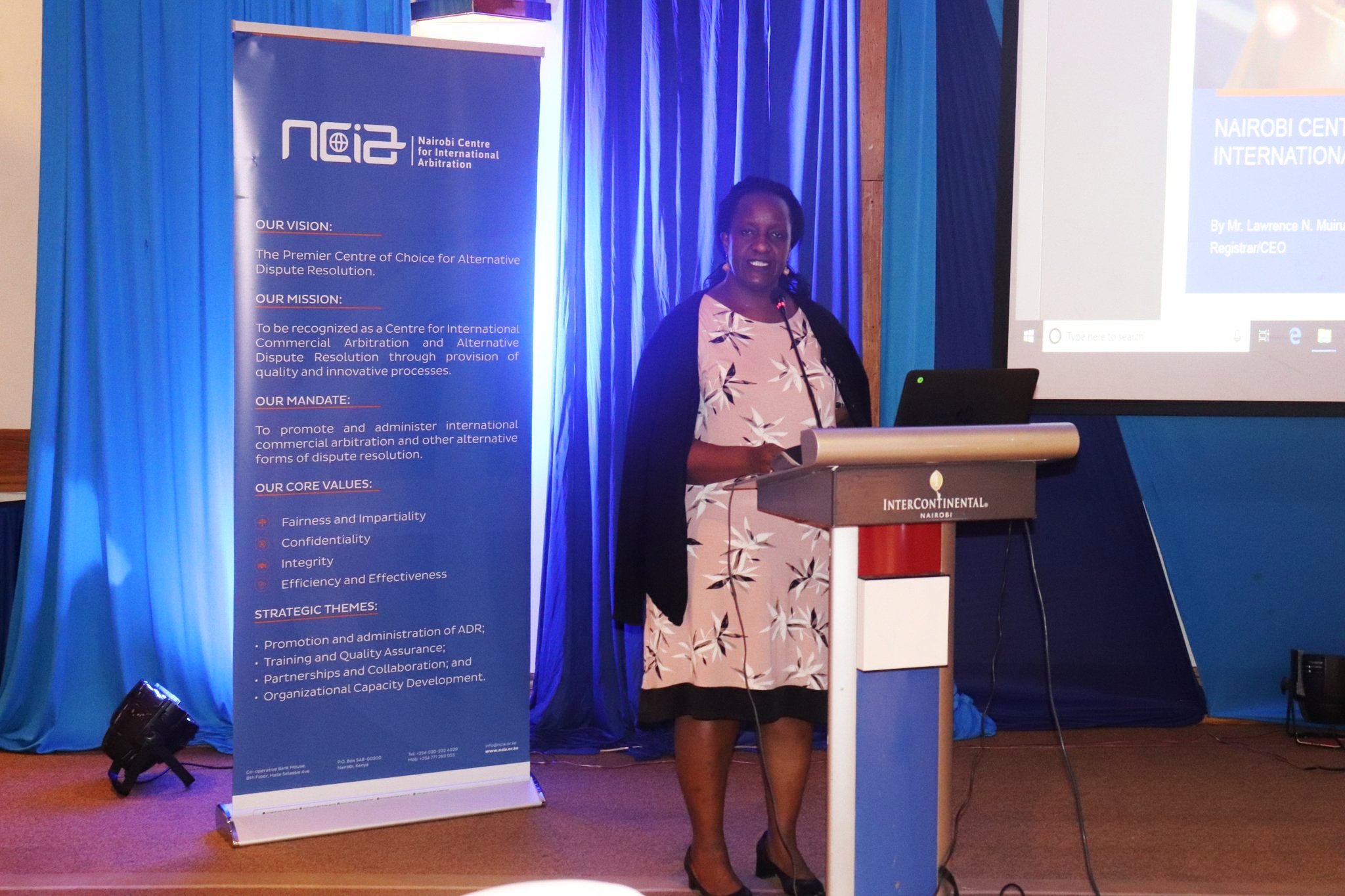“Corrupt actors like Pattni exploit governance weaknesses to benefit themselves and their cronies, causing harm to communities and undermining public trust. Corruption respects no borders, and its consequences are felt worldwide. On International Anti-Corruption Day, the United States reaffirms its commitment to holding these individuals accountable.” – Bradley T. Smith, Acting Under Secretary of the Treasury for Terrorism and Financial Intelligence
Kenyan businessman Kamlesh Pattni is among 28 individuals and businesses sanctioned by the United States for their involvement in a global gold smuggling and money laundering network based in Zimbabwe. The US Department of the Treasury’s Office of Foreign Assets Control (OFAC) announced the decision on Monday, following Executive Order (E.O.) 13818, which targets perpetrators of serious human rights abuse and corruption worldwide.
Pattni’s network is accused of facilitating illicit activities by bribing officials, deploying trusted supporters to conceal ownership, and creating a web of global businesses to hide these criminal actions. This fraudulent operation has deprived Zimbabwe’s citizens of the benefits from their natural resources while enriching corrupt officials and criminal actors.
“Corrupt actors like Pattni exploit governance weaknesses to benefit themselves and their cronies, causing harm to communities and undermining public trust,” said Acting Under Secretary of the Treasury for Terrorism and Financial Intelligence, Bradley T. Smith. “Corruption respects no borders, and its consequences are felt worldwide. On International Anti-Corruption Day, the United States reaffirms its commitment to holding these individuals accountable.”
International Anti-Corruption Day, observed annually on December 9 since the adoption of the United Nations Convention Against Corruption in 2003, serves to raise awareness about the importance of anti-corruption efforts in preventing corruption from destabilizing democratic institutions, eroding governance, and hindering economic development. Currently, 189 parties adhere to the UNCAC.
The US action against Pattni’s network demonstrates a global effort to counter corruption, with cooperation between the US Treasury, the Federal Bureau of Investigations (FBI), and the United Kingdom (UK) authorities. This approach aligns with the United States Strategy on Countering Corruption, launched in December 2021, aiming to address global corruption and support the integrity of financial systems.
In addition to the sanctions, the US Treasury has taken significant steps in strengthening anti-money laundering efforts, including the finalization of rules that enhance transparency in sectors prone to misuse by corrupt actors. These sanctions reflect the US’s commitment to safeguarding its financial system from corruption and crime.
Pattni, who previously gained notoriety for his involvement in the Goldenberg scandal in Kenya during the 1990s, has continued to operate illicit activities from Zimbabwe, bribing officials and manipulating export incentives. His network spans multiple countries, using frontmen, facilitators, and family members to obscure his involvement in illegal business operations.
As a result of the sanctions, any property or interests in property controlled by Pattni and his network within the United States will be blocked, and U.S. persons are prohibited from engaging in transactions with them. Further sanctions may be imposed on foreign financial institutions that facilitate transactions for the designated individuals and entities.





